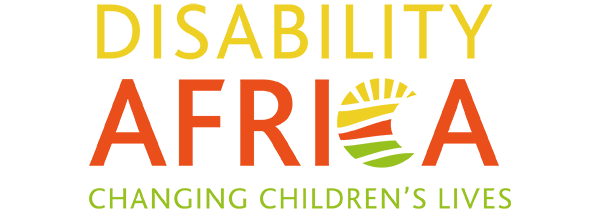2020: the year of “I can’t breathe”. From the horrific murder of George Floyd and the ensuing global protests, the respiratory distress experienced by millions within months, or the vitriolic echo of the ‘anti-maskers’ – the legacy of that one short polyseme will undoubtedly be felt in years to come. Already, the most tangible and provocative impacts have been felt in education – rethinking both what we teach, and how we teach it.
This year has pushed society to look to the future and the past simultaneously, embracing new ways of thinking whilst reflecting on collective histories. Over 100 days ago, UK schools sent pupils home indefinitely. In the weeks and months following, school leaders have been forced to lean into previously overlooked technologies – from Zoom to Google Classrooms – to ensure effective teaching and learning continued in the face of global lockdowns. Almost simultaneously, the resurgence of the Black Lives Matter movement has revived conversations around the curriculum: conversations about the erasure of Black histories and exclusion of Black voices. Now, as the world gets stuck into the messy work of questioning the status quo, we have a reminder that international development must lean into these difficult conversations.
We could start by questioning the philosophy underlying the development sector’s understanding of education. Why do we instantly equate education with schooling? And why is it that education is consistently understood as a fundamentally benign, and necessarily positive, aspect of development? As the world comes to grips with the fact that learning can be achieved in innovative ways, why do we continue to obsess over school enrolment and attendance in low-income African countries?
The African education system, on a broad and continental level, was designed by colonisers. When Europe divided and occupied in Africa in the 19th century, schools were built. In those schools, they were to teach curriculums that served the Global North. As with much of Africa’s infrastructure, education systems were structured for the European benefit – the language of instruction was that of the colonial administration. The purpose was to ‘civilise’ the indigenous populations, and to enable them to serve the colonies as “clerks, teachers, missionaries, or law enforcement officers”. This elitist and exploitative system was in sharp contrast to the many pre-colonial societies where children were educated through “games and story-telling, apprenticeship and initiation practices”. Imperial powers asserted that children would now be taught to a rigid agenda that resulted in a reliance and allegiance to the colonisers. Now, whilst many African countries became independent in the 1950s and 60s, and curriculums changed, schools have remained.
Whilst school is a valid option that has benefited many and has its place in any education system, it is not a cure-all, and there are certainly alternatives to formal schooling which may suit those who are failed by existing education systems across the world. The challenges faced by those who frequently struggle to access education – girls, refugees, disabled children, children from low-income families – show us that the traditional school system is not designed for everyone; BLM and Covid-19 are only reinforcing this understanding. At the intersection of decoloniality and innovation are alternative curriculums and settings: curriculums that do not airbrush history and that meet the needs of all, and alternative settings, which are accessible to everyone – playschemes included.
Playschemes allow for flexibility according to culture and need; there is no set curriculum making assumptions about the local context. Our partners make their own decisions about the relevance and appropriateness of games, toys, role-play, and songs for their community. Playworkers and children communicate in their local language. There is no hidden curriculum; play is a universal phenomenon, focused entirely on acquisition of physical, cognitive, and social skills, as opposed to knowledge itself. And whilst schools (and accordingly our playschemes) have shut down for the time being in much of Africa, play can continue within households with very little resource. For all of these reasons, play is an ideal and universal form of education: responsive and adaptable to space, place, and context.
So, whilst we in the UK grapple with the intricacies of curriculum reform and the logistics of reopening schools, simple solutions like inclusive playschemes offer a reminder that education doesn’t have to be so complicated. Maybe this rethinking of education in this time of revolution will teach us to embrace the most culturally and contextually responsive educational solutions - both at home, and globally.

